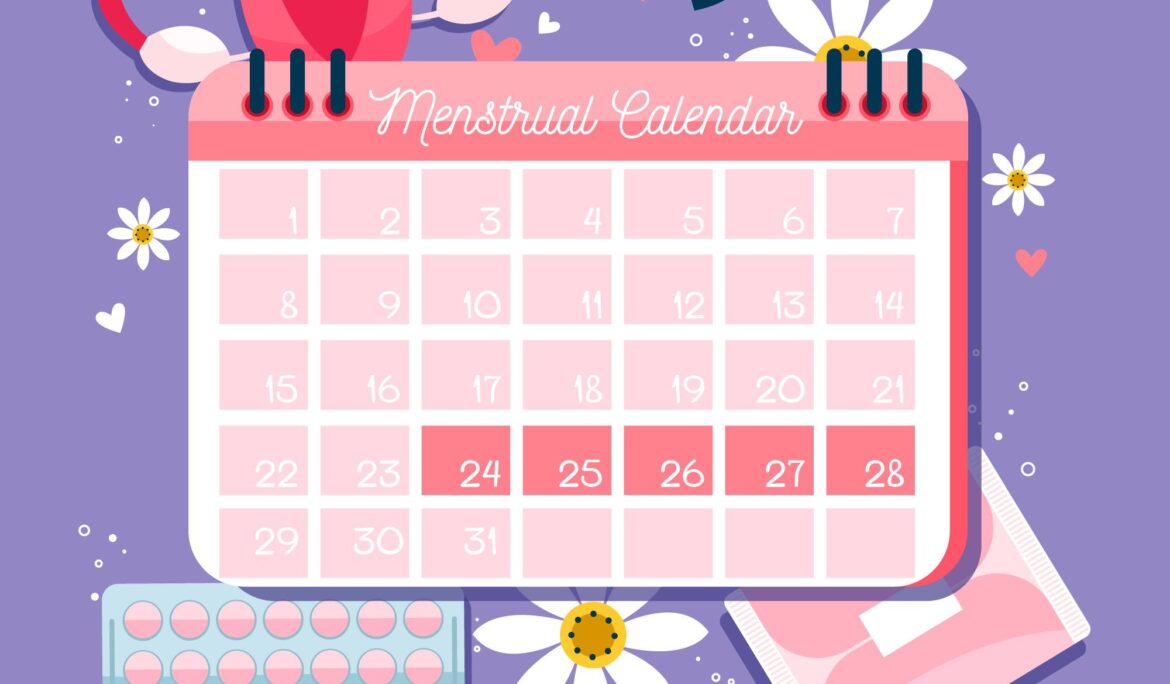Is Pregnancy Possible If I Have Sex on the Last Day of My Period?


Many individuals wonder about the likelihood of pregnancy when engaging in sexual activity on the last day of their menstrual period. Understanding the dynamics of the menstrual cycle and fertility can provide clarity on this matter. In this comprehensive guide, we’ll explore whether pregnancy is possible under these circumstances and provide valuable insights for those seeking to conceive or avoid pregnancy.
Understanding the Menstrual Cycle:
The menstrual cycle consists of several phases, including menstruation, the follicular phase, ovulation, and the luteal phase. On average, a menstrual cycle lasts around 28 days, although variations are common. Menstruation marks the shedding of the uterine lining, typically lasting 3-7 days. Ovulation occurs approximately midway through the cycle when the ovary releases an egg, which is prime time for conception.
Fertility and the Menstrual Cycle:
While conception is most likely to occur during ovulation, sperm can survive in the female reproductive tract for several days. This means that pregnancy can occur if intercourse takes place in the days leading up to ovulation or shortly afterward. Additionally, variations in menstrual cycle length and timing of ovulation can impact fertility and the likelihood of conception.
Sex on the Last Day of Period: Is Pregnancy Possible? Having sex on the last day of your period may seem like a low-risk time for pregnancy due to the recent menstruation. However, it’s essential to consider the variability of menstrual cycles and the lifespan of sperm. If ovulation occurs earlier than expected, sperm deposited during menstruation could potentially fertilize an egg, leading to pregnancy.
Factors Affecting Fertility: Several factors can influence fertility and the likelihood of conception, including:
- Cycle Regularity: Individuals with regular menstrual cycles may have a better understanding of their fertile window and ovulation timing.
- Sperm Viability: Sperm can survive in the female reproductive tract for up to five days, increasing the chances of conception if intercourse occurs shortly before ovulation.
- Ovulation Timing: Ovulation can vary from cycle to cycle, making it challenging to predict the fertile window accurately.
- Reproductive Health: Factors such as age, hormonal imbalances, and underlying health conditions can affect fertility and conception.
Tips for Conception or Pregnancy Prevention:Whether you’re trying to conceive or avoid pregnancy, it’s essential to:
- Track Your Menstrual Cycle: Monitoring your menstrual cycle and tracking ovulation can help you identify your fertile window and plan intercourse accordingly.
- Use Contraception: If you’re not ready for pregnancy, consider using contraception consistently and correctly to prevent unintended pregnancies.
- Seek Medical Advice: If you have concerns about fertility, conception, or reproductive health, consult with a healthcare provider for personalized guidance and support.
Conclusion: While the likelihood of pregnancy may seem low when having sex on the last day of your period, it’s essential to consider the complexities of the menstrual cycle and fertility. Understanding ovulation timing, sperm viability, and other factors can help you make informed decisions about conception and pregnancy prevention. Remember to prioritize your reproductive health and seek professional advice when needed.



